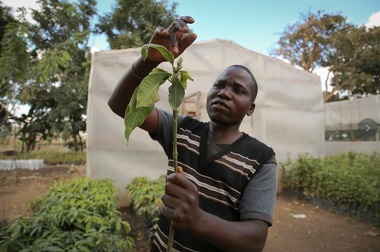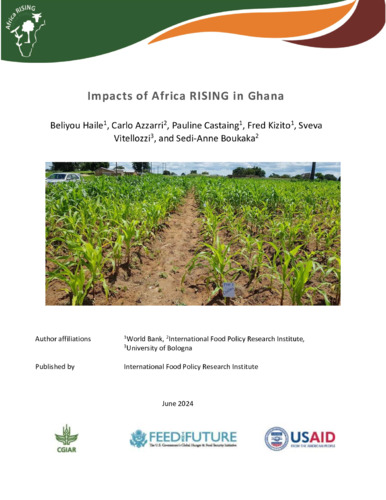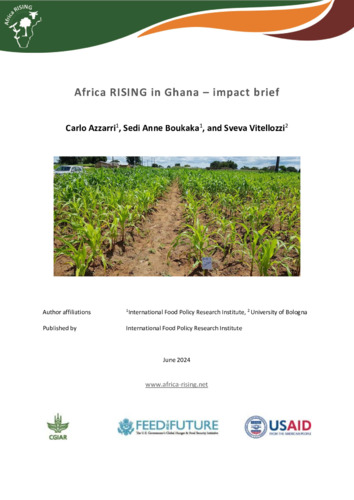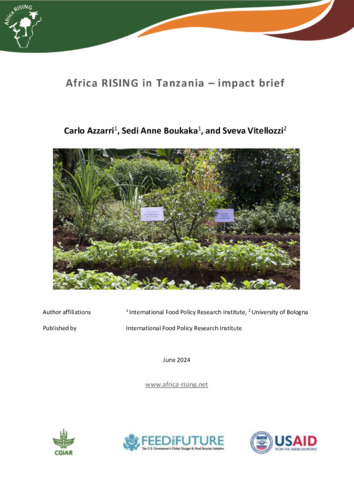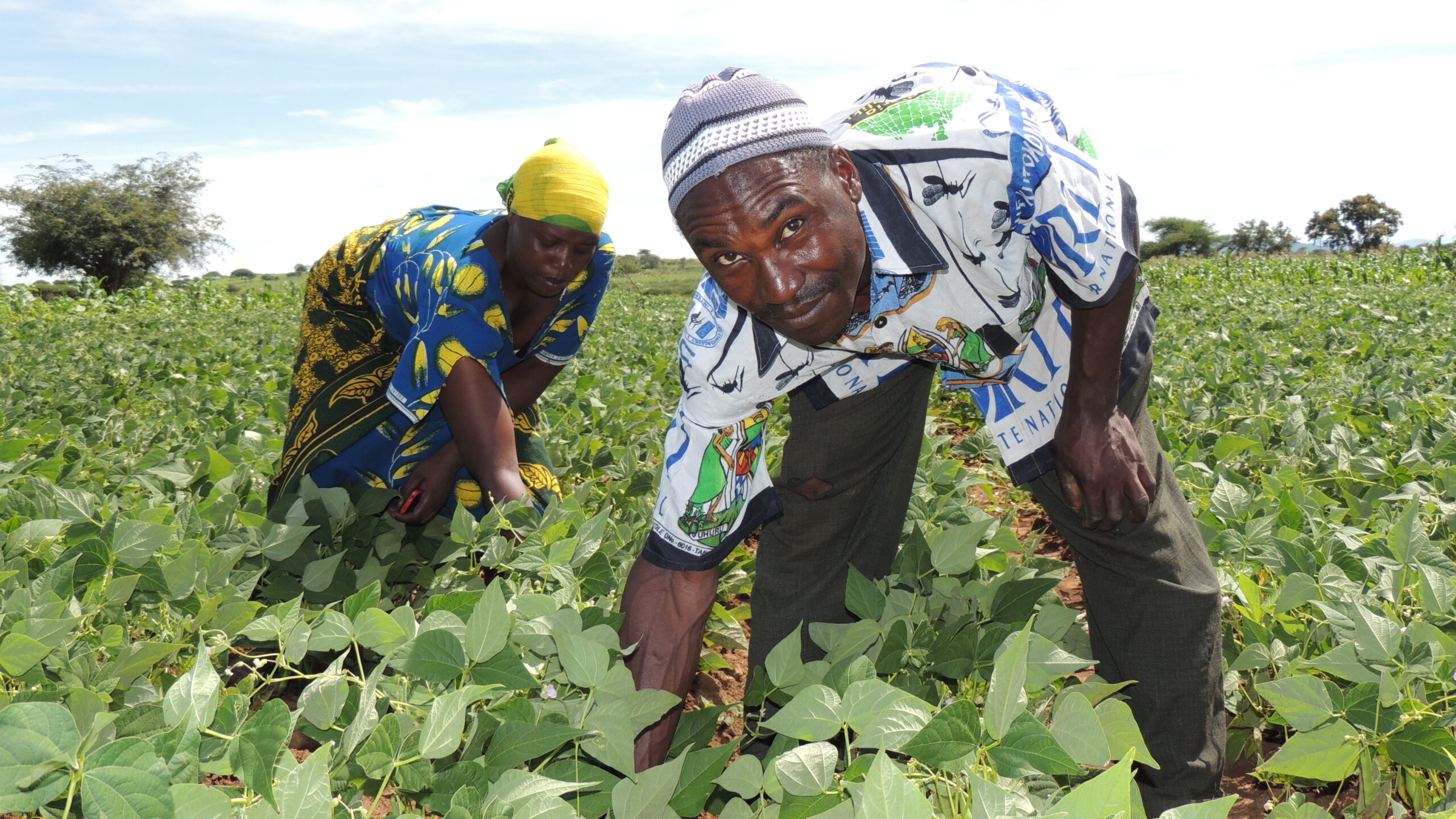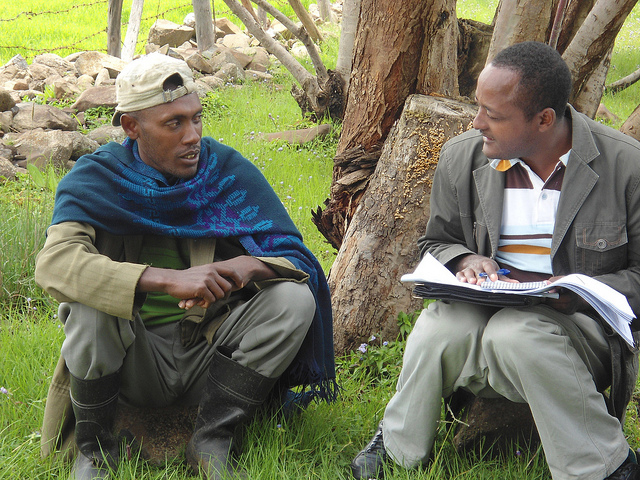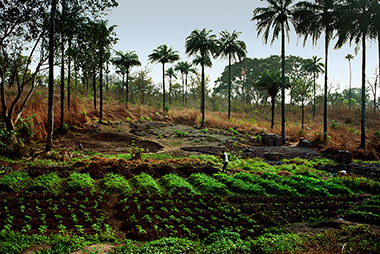The Africa RISING project (2011-2022) offered demand-driven, locally tailored, and resource-saving agricultural innovations for sustainable intensification to improve household welfare and, at the same time, enhance sustainability. The program worked at the scale of smallholder farm households and, as necessary, at the landscape level. It focused not only on crops and livestock but also on agroforestry, horticulture, irrigation, soil conservation, nutrition, and gender as interrelated components for more effective solutions. The following key farming systems were targeted by the program:
- Cereal-based farming systems in the Guinea-Savannah of West Africa, covering 9 districts in Northern Ghana and two districts in the Sikasso Region in Southern Mali
- Crop-livestock systems in 32 woredas (districts) of the Ethiopian Highlands
- Maize-legume-livestock integrated farming systems in East and Southern Africa, covering 5 districts in Malawi, 12 districts in Tanzania, and 8 districts in the Eastern Province in Zambia.
The International Institute of Tropical Agriculture (IITA) led the research activities in East and Southern Africa and West Africa; the International Livestock Research Institute (ILRI) led the research activities in Ethiopia; and IFPRI supported the whole program with monitoring and evaluation (M&E), online data management, and impact assessment.
During Phase I (2011-2016), the program developed, validated, and deployed relevant innovative farming technologies, including high-value fruits and vegetables; improved livestock, feed, and forage management; improved crop varieties; and sustainable agronomic practices. In Phase II (2017-2022) (see Scope of Work for Phase II), Africa RISING aimed to scale up and out validated innovations to over 1 million households by 2021 by working with several development partners. Given the five dimensions of sustainable intensification — productivity, economic, environmental, human, and social — and possible trade-offs among them, the program also developed a guide and tools for the sustainable intensification assessment framework (SIAF) through a collaboration with the Feed the Future Innovation Lab for Sustainable Intensification, USAID, Michigan State University, University of Florida, and Kansas State University.
The program generated various types of data that have been managed by IFPRI through Dataverse. IFPRI also developed a data management plan to assist with proper documentation of the evidence base necessary for gauging progress toward achieving program goals and increasing program impact. A helpful guide on data requirements needed for M&E of Africa RISING is available here. IFPRI also supported the annual reporting of indicators through the Project Mapping and Monitoring Tool (accessible only to staff with credentials). As part of its impact assessment activities, IFPRI conducted five baseline evaluation household and community surveys in Malawi (in 2013) and Ghana, Mali, Ethiopia, and Tanzania (in 2014) as well as four endline surveys between 2019 and 2022 in the same countries (except Ethiopia) using a quasi-experimental approach. These nine datasets have been widely downloaded, with approximately 60,000 downloads as of March 2025.
For more information about the project, read this blog post summarizing the lessons learned and view this interactive.




